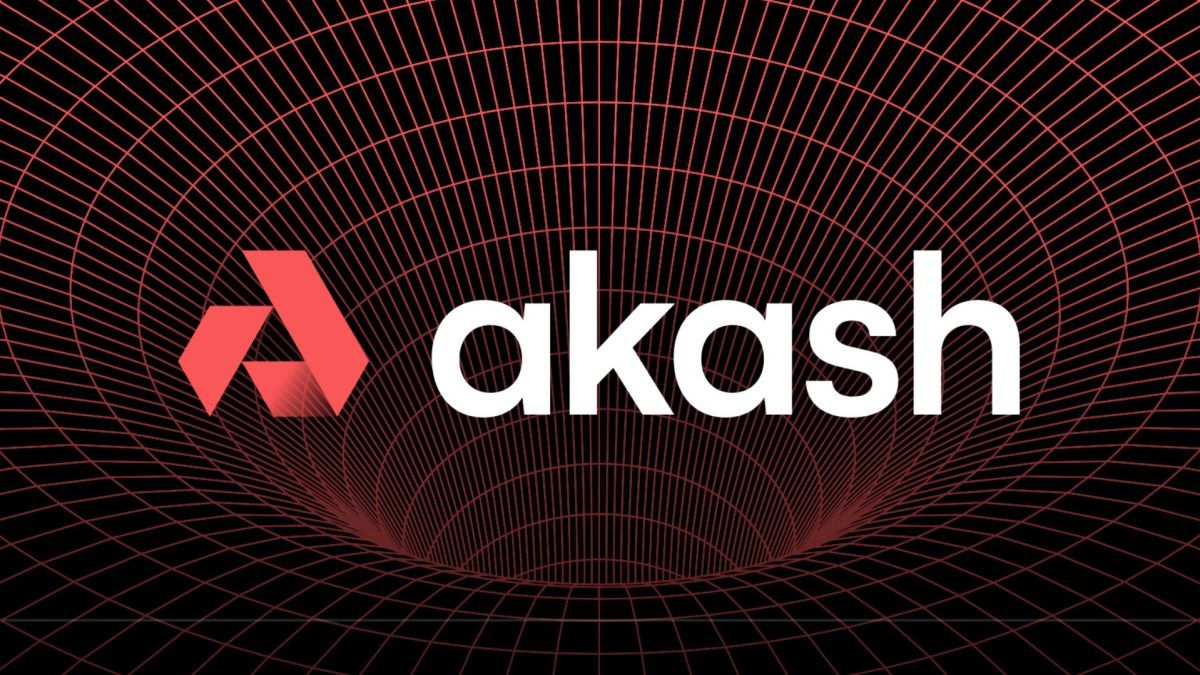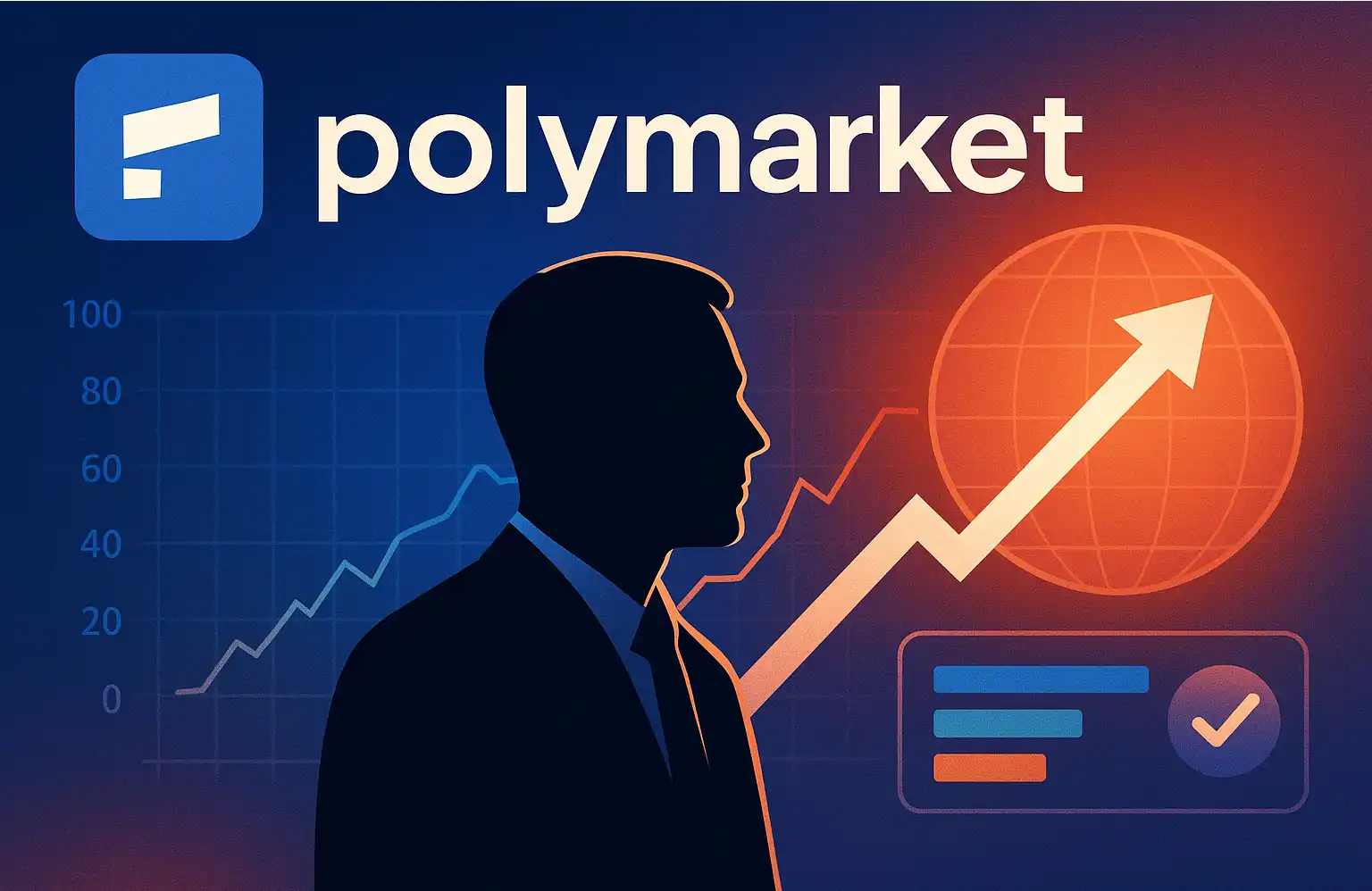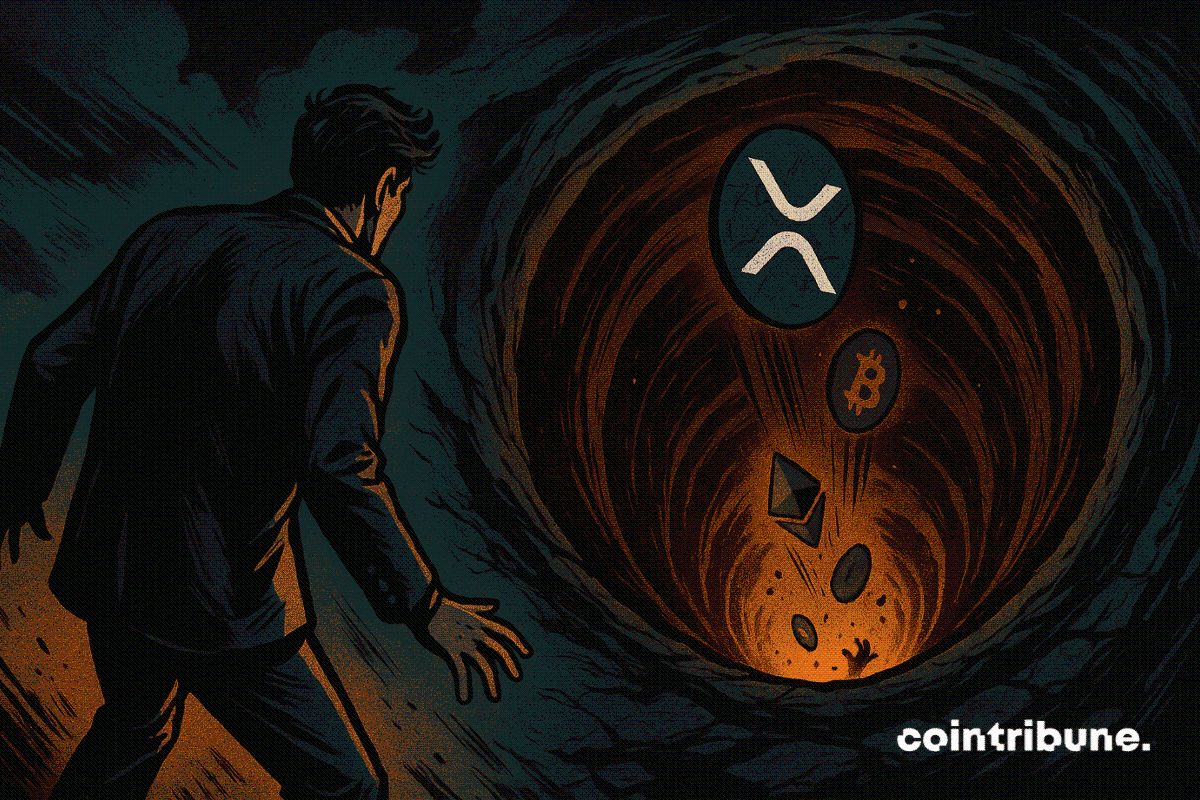Akash Network to deprecate its Cosmos chain, begin search for new network
Quick Take Akash will sunset its own Cosmos SDK chain and migrate to a new network, according to founder Greg Osuri. The project did not share a timeline for the switch and said the process would be transparent.

Akash founder Greg Osuri said the decentralized compute project will deprecate its own Cosmos SDK–based chain and migrate to a different network that can “secure Akash,” kicking off a public evaluation of candidates inside and outside the Cosmos ecosystem.
The destination chain wasn’t named yet. In an X post , Osuri said the team will seek “strong security, a high-quality community, deep liquidity and exciting growth,” and that the new home will remain IBC-compatible.
Launched as a Cosmos appchain, Akash runs a decentralized marketplace for GPU and compute capacity. The protocol matches AI and cloud buyers with independent providers. In 2023, the network introduced Nvidia GPUs with its Mainnet 6 upgrade, offering lower costs compared to centralized clouds.
According to the Akash founder, retaining core integrations would preserve user workflows with tools like Osmosis and Keplr. An RFP inviting foundations to participate is due “in the coming weeks,” he added.
Addressing staking concerns from users, Osuri added that while staking “may seem like [it’s] disappearing from Akash, it’s actually evolving into something superior.”
His post hinted at alternative designs beyond pure consensus security. Osuri also called Solana a “strong contender” for Akash’s new home, while stressing the team will be “extra prudent” in choosing a migration destination.
A base-layer change is a major architectural shift for a DePIN network. Osuri’s criteria—security, liquidity, and community—likely signal a broader search for scalable settlement and distribution as onchain demand for AI compute rises. Indeed, The Block's data lists DePIN as a multi-billion-dollar asset class spanning compute, storage, and wireless networks.
Additionally, The Block Research’s DePin Report 2025 spotlights web3 cloud and AI compute as leading segments. It also flags persistent hurdles such as hardware access, network scalability, and cross-border regulatory uncertainty. The study concludes that interoperability and reliable throughput will determine which networks become default rails for decentralized apps and real-world workloads.
Akash did not set a timeline for the migration. Osuri said the process will be public and community-driven, with trade-offs debated openly before a final decision is made.
Disclaimer: The content of this article solely reflects the author's opinion and does not represent the platform in any capacity. This article is not intended to serve as a reference for making investment decisions.
You may also like
Google executive makes millions of dollars overnight through insider trading
Insider addresses manipulated Google's algorithm by referencing prediction market odds.

Stablecoins in 2025: You Are in Dream of the Red Chamber, I Am in Journey to the West
But in the end, we may all arrive at the same destination through different paths.

XRP’s Extreme Fear Level Mirrors Past 22 % Rally

Critical Bitcoin Bear Market Signal: 100-1,000 BTC Wallet Buying Slows Dramatically
